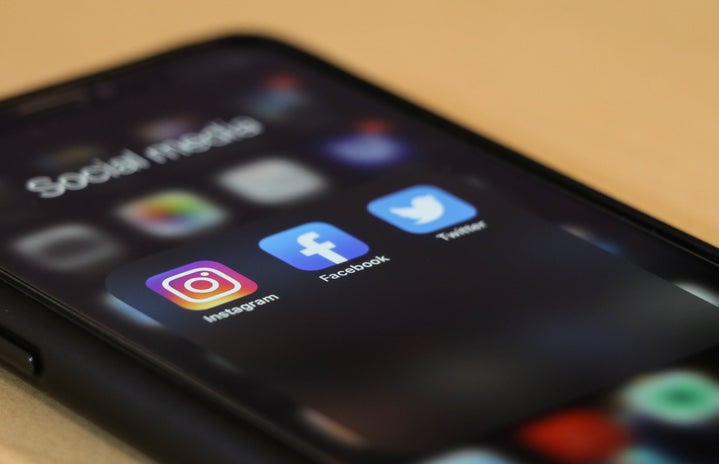According to a Wall Street Journal report, Facebook has been conducting studies for the past three years that reveal that their Instagram app affects the emotional and mental health of its young users.
On September 14, the Wall Street Journal (WSJ) reported that Facebook’s data records proved that the company was fully aware that its photo-sharing app, Instagram, is toxic for its younger users, especially among teenage girls. According to Facebook’s data, Instagram made one out of every three teenage girls feel self-conscious and insecure about their body image. Researchers said: “Thirty-two percent of teen girls said that when they felt bad about their bodies, Instagram made them feel worse.” The app, according to Facebook’s research, can also increase anxiety about physical attractiveness, social image, and even increment suicide risk.
According to the report, Instagram’s Explore page, which displays a variety of photos from multiple users, can lead consumers to harmful content as the app is limited to showcasing and capturing these seemingly perfect photos and moments, making it a particularly addicting product for impressionable young users. Because on Instagram, everyone is flawless — except you — it’s this culture of perfection that’s the most destructive to our mental health. Instagram became a platform for solely beautiful material as it began improving photographs with filters. “Aspects of Instagram exacerbate each other to create a perfect storm,” the research stated, as reported by the Journal.
What does Facebook have to say about this?
Despite the Wall Street Journal report, Facebook concluded that Instagram does not affect a large percentage of teenagers. Meanwhile, the Journal reports that “the aspects that the social media company recognized as the most dangerous are part of its key makeup”.
The company has continually minimized the app’s negative effects on teenagers and has refused to make its studies accessible to the public. After the WSJ report, Instagram, on the other hand, stated that they are looking at new and improved techniques to break away from users’ focus on their physical appearances.
The article stated that more than 40% of Instagram users are 22 years old or younger. Therefore, Facebook began to develop an Instagram version for children under the age of 13 but paused the project shortly after the report was made available to the public.
Facebook stated that the findings of the WSJ report were based on the input of only 40 teenagers and were intended for an internal audience who were aware of the study’s limitations. Facebook also claims that the data found during the investigation was utilized to influence product changes in order to better the platform and the mental health of its users.
However, public figures such as Republican Senator Josh Hawley of Missouri and Democratic FTC Commissioner Rohit Chopra have expressed their concerns about the app’s negative effects on teenagers through social media.
“Given the company’s record when it comes to surveillance and privacy abuses, I agree that Facebook’s latest foray should be scrapped,” Chopra said on Twitter.


